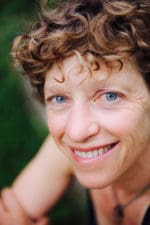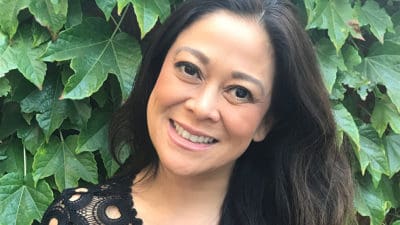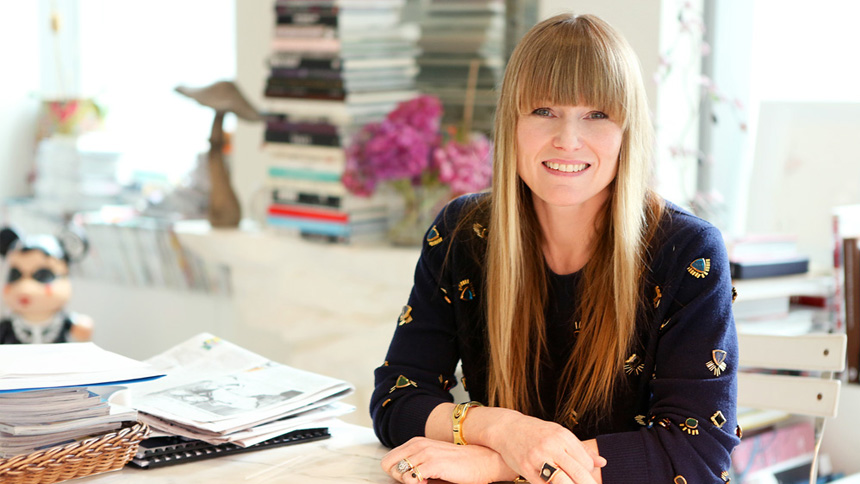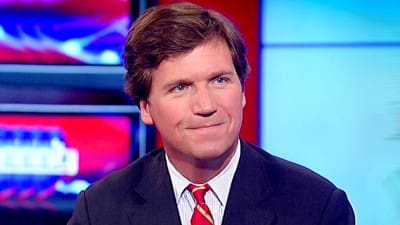From magazine editor to professor of journalism and freelance writer, Chicago-based Sharon Bloyd-Peskin teaches the basics of the field, while emphasizing the importance of fact-checking and the role it plays in protecting writers and publications from lawsuits.
Bloyd-Peskin is now sharing her expertise with Mediabistro as a guest instructor for the new online training course Check Yourself: Quick, Simple and Thorough Fact-Checking.
Also on Mediabistro


Vital Stats
Name: Sharon Bloyd-Peshkin
Company: Columbia College Chicago
Title: Associate Professor of Journalism
Years with Company: 14
Hometown? Oak Park, IL
Where to you work? Chicago IL
Education
College: BA University of Chicago; MA University of Virginia
Major: BA in Humanities; MA in English Literature
Social Info
Instagram: speshkin
Twitter: @speshkin
LinkedIn: Sharon Bloyd-Peshkin
1. What was your first job real job? How did you get it?
My first “real job” was as a radio producer for a talk show on WGN Radio in Chicago. I’m not really sure why they hired me, but I learned some valuable things there, including how to pick up a phone and call someone to explain how they fit into a show and invite them on. There are a lot of connections between that and calling sources to explain how they fit into a story and convince them to talk to me.
2. Please describe what you do in your job in 1-3 sentences.
I teach a wide range of classes at Columbia College Chicago, from Introduction to Journalism and Essentials of Interviewing, to Interpretive Reporting and the College Magazine Workshop, in which students in Journalism and Design programs create and publish an award-winning magazine over the course of one semester. I also write for a variety of publications and do research into how fact-checking is practiced and how it is changing.
3. Is this where you always thought you’d end up? Or has your career been a wild ride of curveballs and left turns?
I had no intention of becoming an academic, and didn’t really plan to go into journalism, either. But I’ve always been a very curious person, enjoyed talking to people and learning from them, and loved to write, so perhaps it was inevitable.
4. What inspired you to break into this role?
I was a magazine editor for 13 years. Toward the end of that time, I taught a course in magazine editing at Northwestern University and loved it. So when Columbia College Chicago posted a faculty position teaching magazine writing and editing courses and advising the college magazine, I jumped at it!
5. What about your job gets you excited to jump out of bed every morning? What makes you want to hide under the sheets?
I’m always excited about finding creative ways to engage students in journalism. I don’t lecture; rather, I try to make my classes journeys of discovery. I love helping students improve their story ideas, their research and interview skills, their writing and their storytelling in any medium, but I don’t really like grading.
6. How do you stay on top of trends in your field?
I work as a freelance writer, do some pro bono magazine editing, and have many friends and colleagues who are active in the field. My research also requires me to interview editors around the country.
7. What do you want to get better at/skills you want to develop and why?
For me, social media is hard work. I’m kind of a private person and I’m not big on self-promotion, so I struggle with that. I’m far more comfortable posting to a company Instagram than I am to my own!
8. What leaders or companies in your field you follow? What do you like about them?
Too many to name! But if I had to name the magazines that I have “fact-checking crushes” on, they would be The New Yorker, WIRED and Mother Jones. They and a few other magazines–Vanity Fair, Esquire and The Nation among them—set the bar for contemporary fact-checking processes despite the pressure to produce ever more content ever more quickly on all platforms.
9. What’s the biggest misconception people have about this field/role?
Fact-checking has gained a much higher profile in recent years with the rise of political fact-checking, but I don’t think many people are aware of how fact-checking got started in magazine media or what role it plays to this day in protecting writers and publications from lawsuits and in bolstering their reputations for reliable journalism in a sea of content.
10. What’s the one piece of advice you would give to someone looking to break into this field?
I’ll answer this for journalism, not for fact-checking. No matter what type of journalist you aim to be or what medium you want to work in, you still need to develop the traditional skills of rigorous and thorough reporting, effective interviewing, clear and accurate writing and interesting storytelling.
11. Why did you choose to become a Mediabistro instructor and why do you think it’s important for people to learn the skill you are teaching?
I think it’s more urgent than ever for content creators to learn to fact-check their own work because they aren’t likely to have anyone else fact-check their work prior to publication, and the consequences of public errors can be devastating to their careers. I’m thrilled to be able to reach a wide variety of people who want to get this training through Mediabistro.
12. What tips do you have for students taking your course?
Fact-checking is a mindset as much as it is a skillset, so come into this course with an open mind and you’ll probably find it will change your writing as much as it changes what you do after you’ve finished a story.
13. What are you reading and/or watching right now?
I’m reading The Death and Life of the Great Lakes by Dan Egan and listening to the podcast Revisionist History by Malcolm Gladwell. The last thing I watched that I couldn’t stop talking about was Westworld.
Get to know Sharon and learn the invaluable skill of fact-checking in her new course.
Topics:
Advice From the Pros









